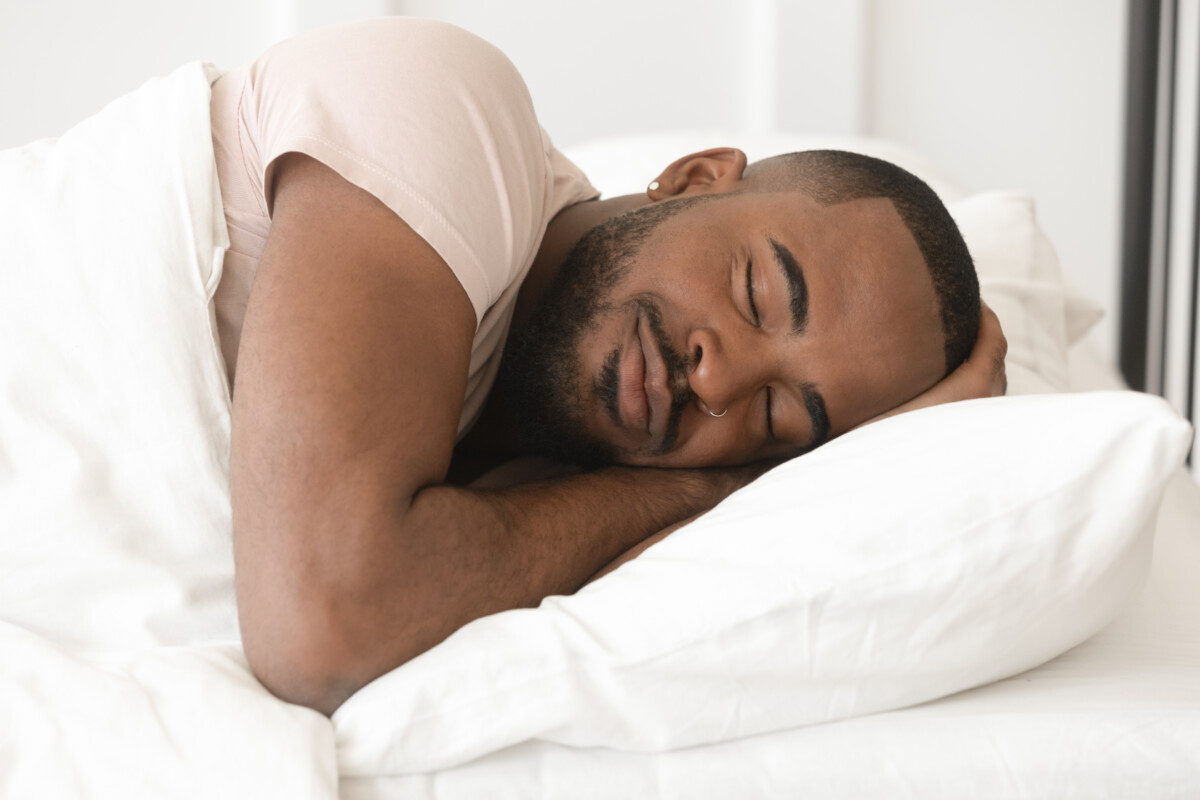Better Sleep Improves Chronic Pain

Recently researchers have found that better sleep offers hope for chronic pain.
Pain Affects Sleep
Most people who suffer from chronic pain know that it’s hard to go to sleep when you’re hurting. The minute you fall asleep it seems as if you roll over and the pain starts back up. You wake up and then have to fall asleep all over again. According to the National Sleep Foundation, two out of three chronic pain sufferers have trouble staying asleep.
Sleep Loss Increases Pain
While pain can cause a lack of sleep, people who experience chronic pain often notice that their pain is worse when they’re tired. Science backs this up. Researchers have found that sleep deprivation decreases activity in the part of the brain that manages your body’s response to pain.
Fatigue affects your response to pain in two ways. First, it causes you to have a lower pain threshold, so that you experience pain more easily than you do when well-rested. Secondly, it inhibits activity in the part of the brain that helps your body deal with pain, including the production of dopamine, which is a natural painkiller.
Sleep-Pain Link Offers Hope
While it may not seem like it, the link between fatigue and pain is a cloud with a silver lining. Although patients may feel more pain when they are sleep deprived, research has also shown that some patients experience less pain if they’re well-rested. Pain and Sleep (sleephealthfoundation.org.au)
When people live with chronic pain, there are many aspects of their lives that they can’t control. This can be both frustrating and depressing. The recent realization that improving sleep may help manage pain is an empowering one. It shows us something we personally can do to potentially decrease our pain.
Finding the Problems
Getting a good night’s sleep can be a complex challenge, particularly for those who suffer from chronic pain. On top of the problems caused by pain, there may be other issues at work: poor sleep habits, sleep apnea (Symptoms, Diagnosis and Treatment of Obstructive Sleep Apnea | Rush Memorial Hospital), a bad mattress, etc. It’s important to take whatever time we need to identify all of the things that undermine our sleep so that we can find solutions.
The good news is that good sleep isn’t an all-or-nothing situation. We don’t have to fix everything in order to sleep better. Bit by bit, as we uncover and resolve each of our sleep-related issues, we begin to feel better and better in the mornings.
Fixing the Problems
Recognizing the importance of sleep is the first step to sleeping better. With this awareness, it’s easier to prioritize our rest and give ourselves whatever time we need to improve it.
Action we can take to find and resolve our sleep-related issues include:
- Practicing good sleep hygiene. What Is Sleep Hygiene? | Sleep Foundation
- Making sure we have a comfortable mattress.
- Taking our pain medication shortly before going to bed. This way our pain will be at a minimum when it’s time to fall asleep.
- Seeking treatment from a qualified sleep specialist if our sleep problems continue.
